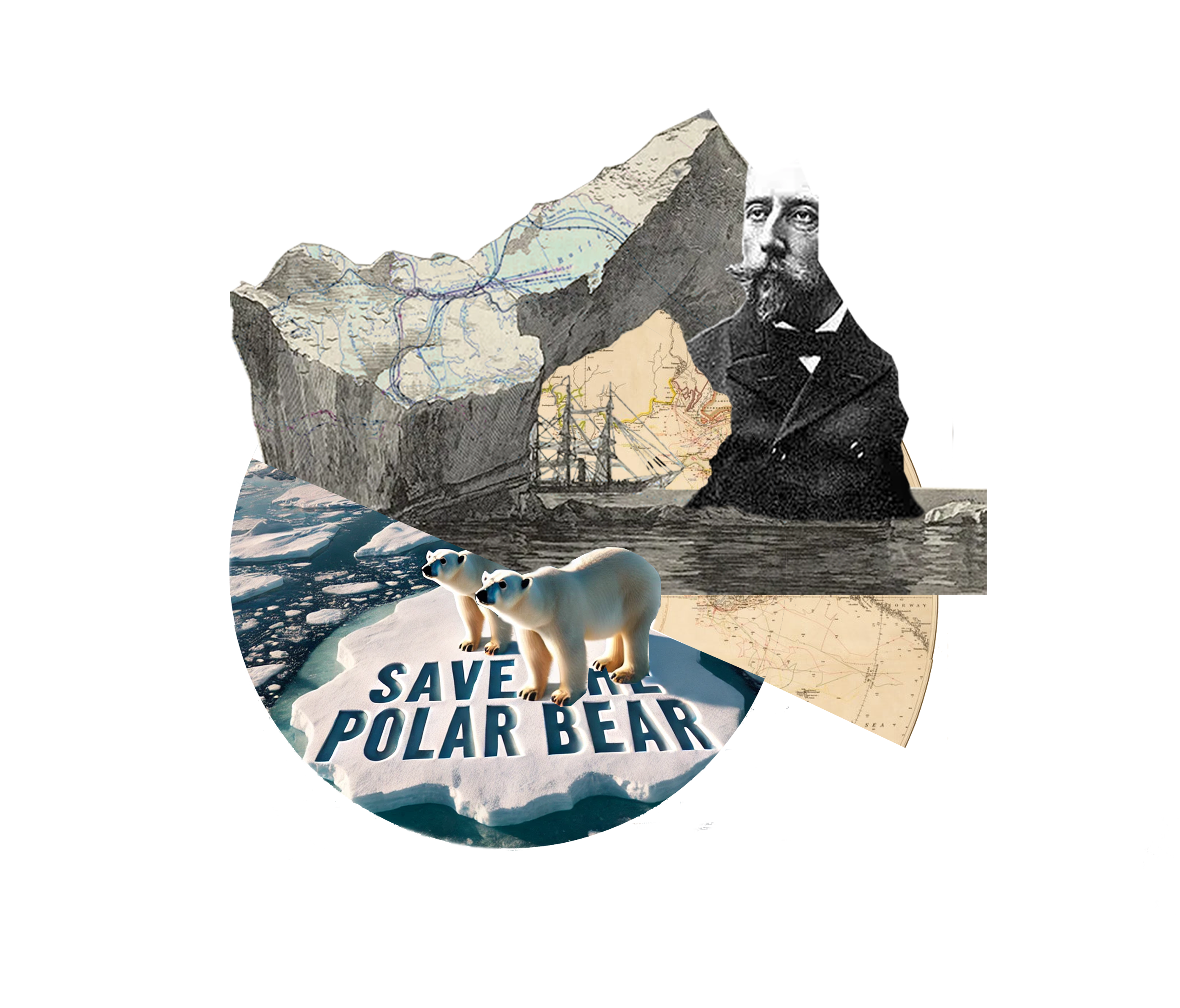Knowledge Co-production

You have found a "Wrecksite".
This one allows you to think with the im/possibilities of knowledge (co-)production in polar bear monitoring and co-management.
In scientific wildlife co-management and research the properties of ‘science’ are mostly determined by the agential cuts of post-positivist western natural sciences and its understanding of the world through representative data [1][2].
"A lot of the time they [scientist] already know what they want to know. A lot of the time they just need to know the locations. 'Can you tell me where the den-sites are?'(James Qitsualik, interview, 2022)"
Wrecksites, just as well, however, emerge as sites of multiplicity and opportunity. They are both sites of "becoming reef", as they are sites of "becoming heritage[3]".
"These interviews with the elders are very important, because now, some of them have passed. I have also learnt a lot through these [TEK] workshops. I have learnt that Inuit used to hunt polar bears from within their den. It's where they - inexperienced hunters - felt safer. Experienced hunters would hunt them anywhere. (James Qitsualik, interview, 2022)"
Tomorrow, 20 people will come to talk about how a harvesting moratorium from 2001 has had ongoing impacts on them up until today.
"Return" to the BearWatch project to join this workshops.
You should get going, because you also still need to buy coffee, "pop", and snacks for that meeting.
- ↑ Brook, R. (2005). On using expert-based science to “test” local ecological knowledge. Ecology and Society : a Journal of Integrative Science for Resilience and Sustainability., 10(2). https://doi.org/10.5751/ES-01478-1002r03
- ↑ Smylie, J., Olding, M., & Ziegler, C. (2014). Sharing what we know about living a good life: Indigenous approaches to knowledge translation. The Journal of the Canadian Health Libraries Association, 35, 16.
- ↑ Pearson, N. (2024). The multispecies shipwreck. International Journal of Heritage Studies, 30(6), 673-686.
